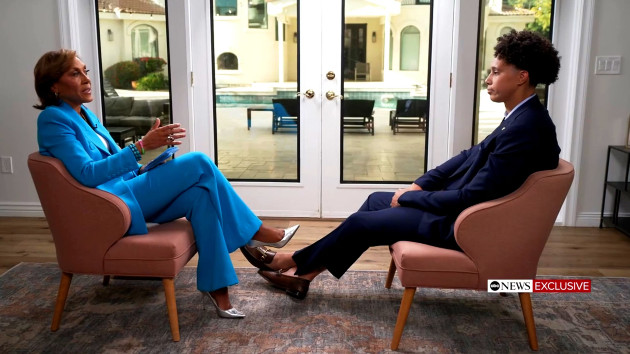
(NEW YORK) — Ippei Mizuhara, the former interpreter for MLB star Shohei Ohtani, has agreed to plead guilty to bank fraud in relation to stealing nearly $17 million from the star player in order to cover gambling debts, according to the U.S. Department of Justice.
Mizuhara, 39, has agreed to plead guilty to one count of bank fraud, which carries a maximum of 30 years in prison, and one count of subscribing to a false tax return, which carries up to three years in prison, according to the U.S Attorney’s Office for the Central District of California. He is expected to enter a plea in the coming weeks, with an arraignment scheduled for May 14, the DOJ said.
“The extent of this defendant’s deception and theft is massive,” U.S. Attorney Martin Estrada said in a statement. “He took advantage of his position of trust to take advantage of Mr. Ohtani and fuel a dangerous gambling habit. My office is committed to vindicating victims throughout our community and ensuring that wrongdoers face justice.”
According to the plea agreement, Mizuhara helped Ohtani, who does not speak English, set up a bank account in Phoenix in 2018, during which he interpreted the login information for the player’s account. In September 2021, Mizuhara started placing sports bets with an illegal bookmaker to whom he quickly became indebted, according to the plea agreement.
“Unable to pay his gambling debts, Mizuhara orchestrated a scheme to deceive and cheat the bank to fraudulently obtain money from the account,” the DOJ said in a release.
Mizuhara accessed Ohtani’s bank account and updated security information so bank employees would contact him, not Ohtani, when attempting to verify wire transfers from the account, according to the plea agreement. He also impersonated Ohtani on 24 occasions in calls to the bank, according to the agreement.
From November 2021 to March 2024, Mizuhara transferred nearly $17 million from the account to associates of the bookmaker in more than 40 wires without Ohtani’s permission, according to the plea agreement.
Mizuhara also admitted in the plea agreement to falsely claiming that his total taxable income for 2022 was $136,865 when, in fact, he failed to report an additional $4.1 million in income.
“The source of the unreported income was from his scheme to defraud the bank,” the DOJ said, noting that he owes approximately $1,149,400 in additional taxes for the tax year 2022, plus additional interest and penalties.
Estrada previously stressed that Ohtani is a victim in the case and has cooperated “fully and completely” in the investigation.
The Dodgers announced they had fired the Japanese interpreter on March 20, after the gambling controversy surfaced. The team did not provide a specific reason for Mizuhara’s termination.
Mizuhara was charged in the matter last month. Following his initial appearance in federal court on April 12, his attorney, Michael Freedman, said in a statement to ABC News that Mizuhara is “continuing to cooperate with the legal process and is hopeful that he can reach an agreement with the government to resolve this case as quickly as possible so that he can take responsibility.”
“He wishes to apologize to Mr. Ohtani, the Dodgers, Major League Baseball, and his family,” the statement continued. “As noted in court, he is also eager to seek treatment for his gambling.”
Ohtani addressed the scandal for the first time on March 25 during a press conference. In a prepared statement, Ohtani said through an interpreter, “I am very saddened and shocked that someone who I trusted has done this.”
Copyright © 2024, ABC Audio. All rights reserved.








